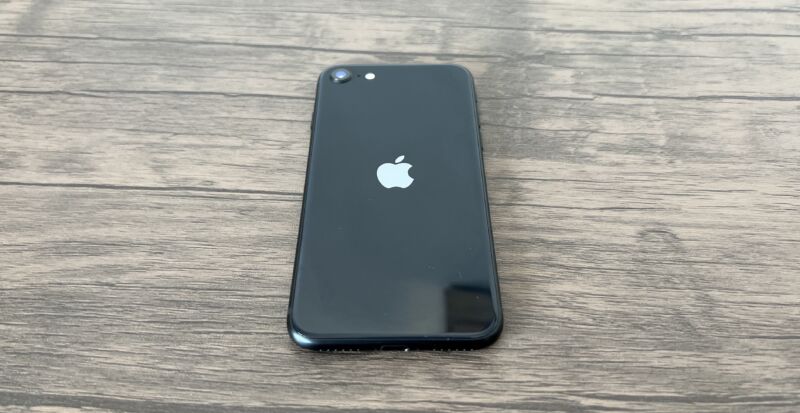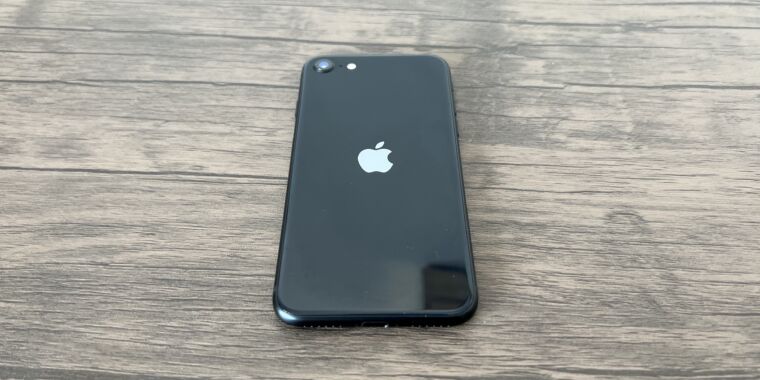
Samuel Axon
According to a Wall Street Journal report, Apple plans to unveil a personal diary app at its Worldwide Developers Conference in June. The app comes pre-installed on all iPhones running iOS 17 and will be deeply integrated with location services, contacts and more on the user’s phone.
The WSJ based its reporting on analysis of internal Apple documents about the product. Apple plans to position the app (codenamed “Jurassic”) as a mental health tool, pointing to research showing regular journaling can help with depression and anxiety.
Jurassic (the name will certainly be changed before launch) can look at data stored locally on your phone to determine what a typical day looks like, accessing your contacts, your location, workouts and more. It will make recommendations to users on what to write about it, including when the app detects behavior that is outside of the normal routine.
It even offers ‘All Day People Discovery’, which tracks the user’s proximity to others and differentiates between colleagues and friends.
This kind of integration with other pre-installed apps and user data will differentiate the app from other journaling options on the iPhone, potentially making it difficult for them to compete. The WSJ report includes quotes from Paul Mayne, founder of the popular remote iPhone journaling app Day One, which was acquired by Automatic in 2021.
Mayne echoes the sentiment of several app developers who were frustrated when Apple launched internal competitors to the apps they introduced to the ecosystem, often copying features that refreshed those apps and added functionality that only Apple can provide, according to the privacy and iPhone security policies and APIs.
Apple’s documentation for Jurassic ensures that user privacy and security are at the heart of its design, and most or all of the user tracking data the app uses remains local to each user’s iPhone and, at least in some cases, will not be kept for more than a few weeks.
Apple’s privacy-focused policies and messaging seem altruistic — the company has previously put money on the table in its commitment to a pro-privacy policy. But the policy provides Apple with more than happy customers in two important ways: It clearly differentiates itself from competitors like Google and Meta in the battle for public opinion in marketing and public relations, and it prevents third-party apps from having the same kind of access to user data. that Apple does.
When Apple tries to replace or compete with a third-party app, it sometimes has more access to user data to fuel features than those third-party developers.
The documents the Journal’s reporters reviewed did not specify whether Apple would charge for the app. It’s unlikely to be a premium download or ad-supported, but Apple has charged users a recurring subscription fee for some features and services in the past.

